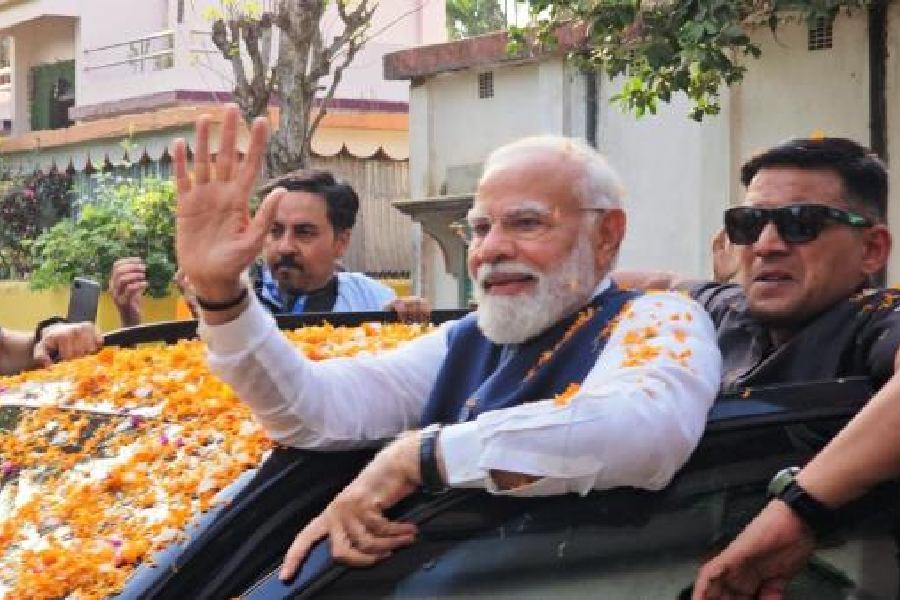The Bharatiya Janata Party’s eagerness for women’s rights is manifested in its election manifesto. The party is convinced that only a uniform civil code will achieve women’s empowerment. Yet experts have said that changing specific laws would be more effective than a sweeping law that would be difficult to implement. The Constitution does refer to a uniform code, but the ideal for it is progressive equalisation. Equality and uniformity are not identical, neither is equality an excuse to stifle all beneficent personal laws of minority communities, even when they protect women. But that fear is unavoidable in the present atmosphere. The apprehension of regression was made more acute when the BJP said that the UCC would draw upon the best traditions and harmonise these with modern times. Its allusion to tradition may be ominous for many — certain castes, for example, and certainly women. Its notion of modern times is puzzling too. Does it show in its resistance to same-sex marriage or in its belief that acknowledging marital rape would destabilise society?
Such doubts have been further fuelled by Uttarakhand’s UCC brought earlier this year. If that is to be the template, then it largely means, in spite of a few progressive measures, the replication of Hindu civil and personal laws and the erasure of even the best parts of the largest minority community’s personal laws. Besides, live-in relationships must be registered at the cost of imprisonment. Scrutiny by State powers will decide if they are against ‘public policy and morality’. Not only does this violate autonomy, privacy and personal choice of life and partner, but it may also threaten inter-caste and interfaith relationships. Penalties abound — men of the minority community face penalties for oral triple talaq, although men from the majority community can desert their women in silence; women from the minority community have lost their unique right to divorce through khula. Iddat has been disallowed and halala made punishable by imprisonment. All women will face lengthy divorce proceedings and the old struggle for maintenance, and must also register divorces. The minority community’s protection for women and children who are heirs by capping the amount that can be willed away was dropped too. Women’s rights have little to do with the Uttarakhand UCC. Will the UCC for the country, then, focus on what is best for women?











